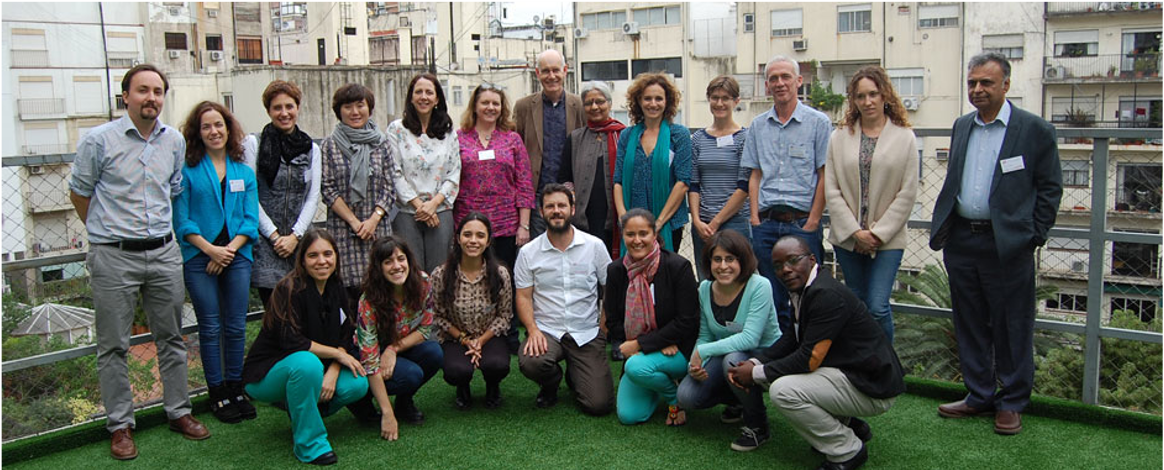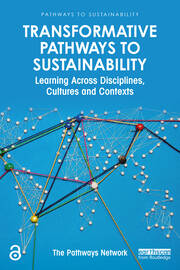BOOK RELEASE
New book on how culture and context affect transformative change

Researcher Laura Pereira introduces the concept of t-labs, and how they bring together social and ecological concerns.
The book provides insights from researchers, activists, public servants, the private sector and others across five continents
- New book on understanding and overcoming systemic challenges of sustainability
- The book draws upon a five-year period of transdisciplinary research that has involved over a hundred researchers across five continents
- An open access version of the book is available
A new book entitled Transformative Pathways to Sustainability presents new approaches to the enterprise of “transdisciplinary” research, describing collaborations between academic and non-academic partners and their attempt not only to understand the world and diagnose systemic challenges of sustainability, but also to contribute to overcoming them.
It provides lessons for future transdisciplinary research that aims to connect the global and the local.
An open access version is available. Read more about the book here
Prototype solutions
The book draws upon a five-year period of transdisciplinary research that has involved over a hundred researchers across five continents in the Pathways’ transformative knowledge network. This is an international group of six regional hubs working on sustainability challenges in their own local or national contexts. Each of these hubs reports on their experiences of so-called Transformation Lab (TLabs).
These carefully facilitated meetings designed to create a series of prototype solutions to complex problems such as new business models, services, or governance forms that fundamentally change human-environmental interactions and contribute to large-scale changes.
Specifically, the T-Labs have been conducted in a variety of different contexts: sustainable agricultural and food systems for healthy livelihoods, with a focus on sustainable agrifood systems in the UK and open-source seeds in Argentina; low carbon energy and industrial transformations, focussing on mobile-enabled solar home systems in Kenya and social aspects of the green transformation in China; and water and waste for sustainable cities, looking at Xochimilco wetland in Mexico and Gurgaon in India.
Novel methods
Centre researchers Laura Pereira and Per Olsson have contributed to the book and are keen to share the insights and experiences accumulated from the T-Lab activities.
Says Laura Pereira: “This book is aimed at researchers and practictioners who are looking for novel methods on how to bring people from diverse backgrounds and different perspectives into a space to think about how we can enable more sustainable transformations.”
“Hopefully it can provide a lot of insights into the learning and reflection that emerged from this kind of process.”
Adds Per Olsson who coined the term "T-Labs" ahead of the 2015 Transformation conference (see video below): "Transformation has become an increasingly popular term as many realize that things have to change in a big way. This book comes at a critical time when we need to increase the understanding of what transformation means and how it is distinct from other types of change. And what capabilities and capacities are needed to navigate them."







